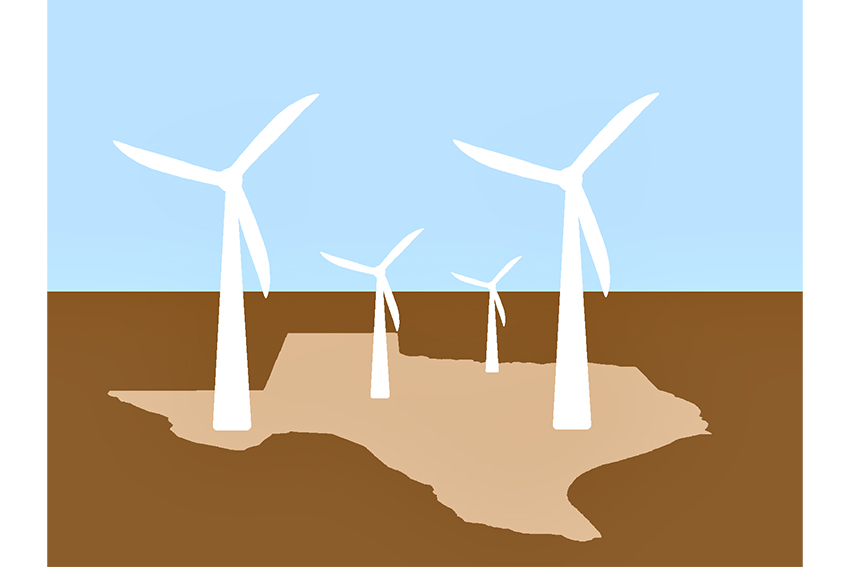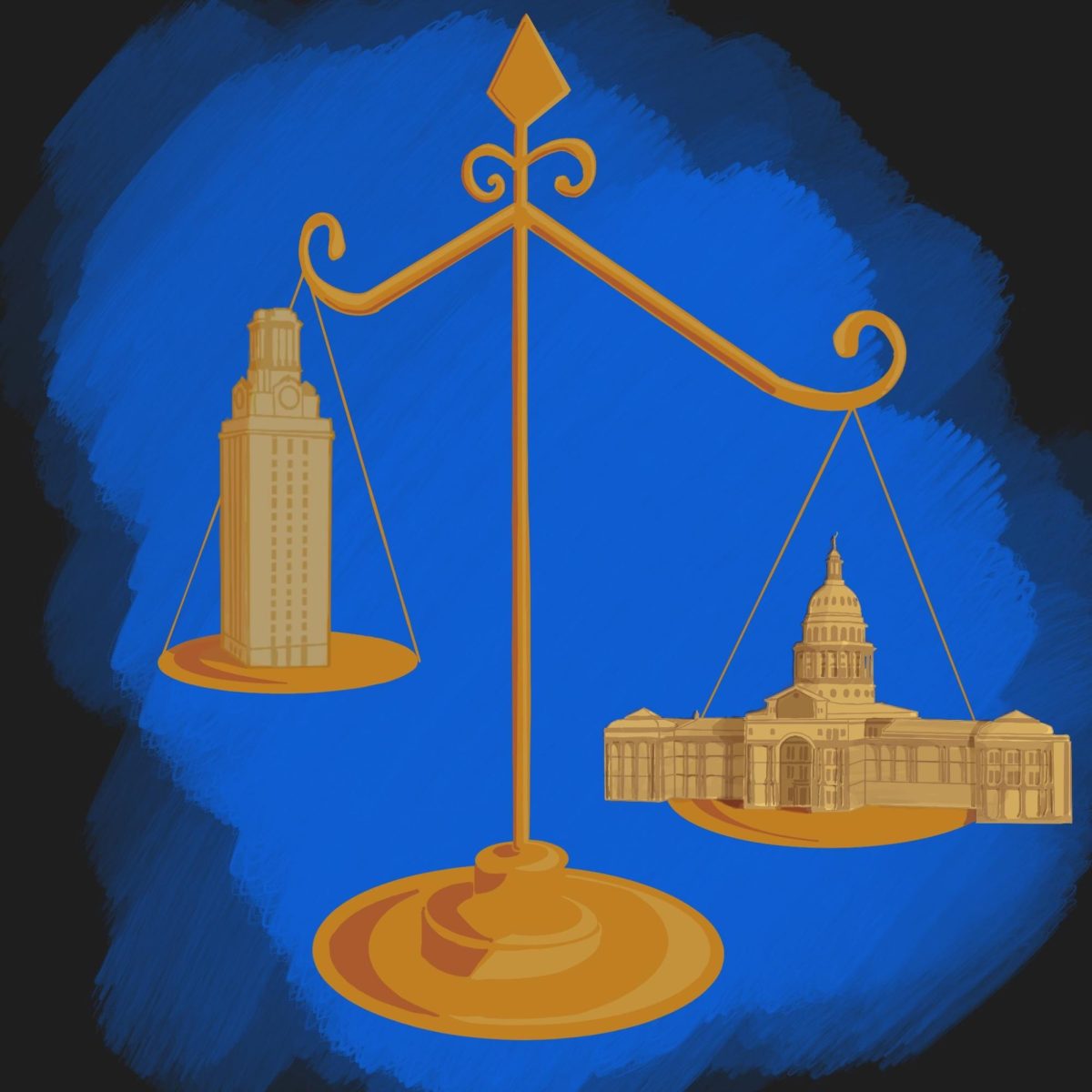UT researchers signed a letter to Gov. Greg Abbott in early January discussing the future impacts climate change will have on Texas.
Spearheaded by environmental advocacy group Environment Texas and climate researchers across Texas, the letter was written in response to Abbott’s unwillingness to answer questions about how climate change affects extreme weather in Texas, Environment Texas associate Emma Pabst said.
Pabst said the goal of the letter is to let Abbott know climate scientists across Texas can be a resource to the governor.
“(The scientists) can help the governor understand how we can adapt to climate change, so that the governor can lead Texas in future years as we deal with the effects of (climate change),” Pabst said.
Pabst said Environment Texas never received a response from Abbott about the letter, which also listed some of the challenges Texas will face as climate change continues.
“It indicates that the region of the United States that Texas is located in will experience rising sea levels and extreme weather events such as hurricanes, droughts, heat waves and wildfires in increasing frequency and intensity,” Pabst said.
Locally, warming temperatures place the Edwards Aquifer, an important Austin-area water source, at risk of losing water, Pabst said.
Rising sea levels are of special concern because of their many consequences, said Ian Dalziel, geosciences professor and one of the scientists to sign the letter.
“As temperatures warm, water expands, causing sea levels to go up,” Dalziel said. “High sea levels will increase the chances of destructive storms and tidal surges like the ones experienced during Hurricane Harvey.”
To slow down the effects of climate change, Dalziel said the U.S. must cut emission of greenhouse gases.
One way to do so is to shift to renewable energy sources, which Texas has made progress in, Pabst said.
“Approximately 20 percent of the energy produced in Texas comes from renewable energy sources,” Pabst said. “We are the No. 1 producer of wind energy in the United States and have been for the past decade or so.”
Pabst said there is still room for improvement in harnessing renewable energy, especially through the solar sector.
“Texas is ranked as the No. 1 state for potential of using solar energy but only ranks seventh in actual solar energy production,” Pabst said. “Better utilizing renewable energy is an important next step for Texas.”
Another important way to mitigate climate change is by shifting to a more sustainable lifestyle, said Mimi Tran, an education and outreach leader at the Campus Environmental Center.
“People can take steps like riding bikes or buses, reducing waste, and not throwing away leftover food,” said Tran, human development and family sciences senior.
The Campus Environmental Center also provides help to other campus organizations to make their events more environmentally friendly, said Samid Mirza, a Green Events Project team leader.
“All these small changes can help make a big difference (to fighting climate change),” said Mirza, a geography and business junior.




















